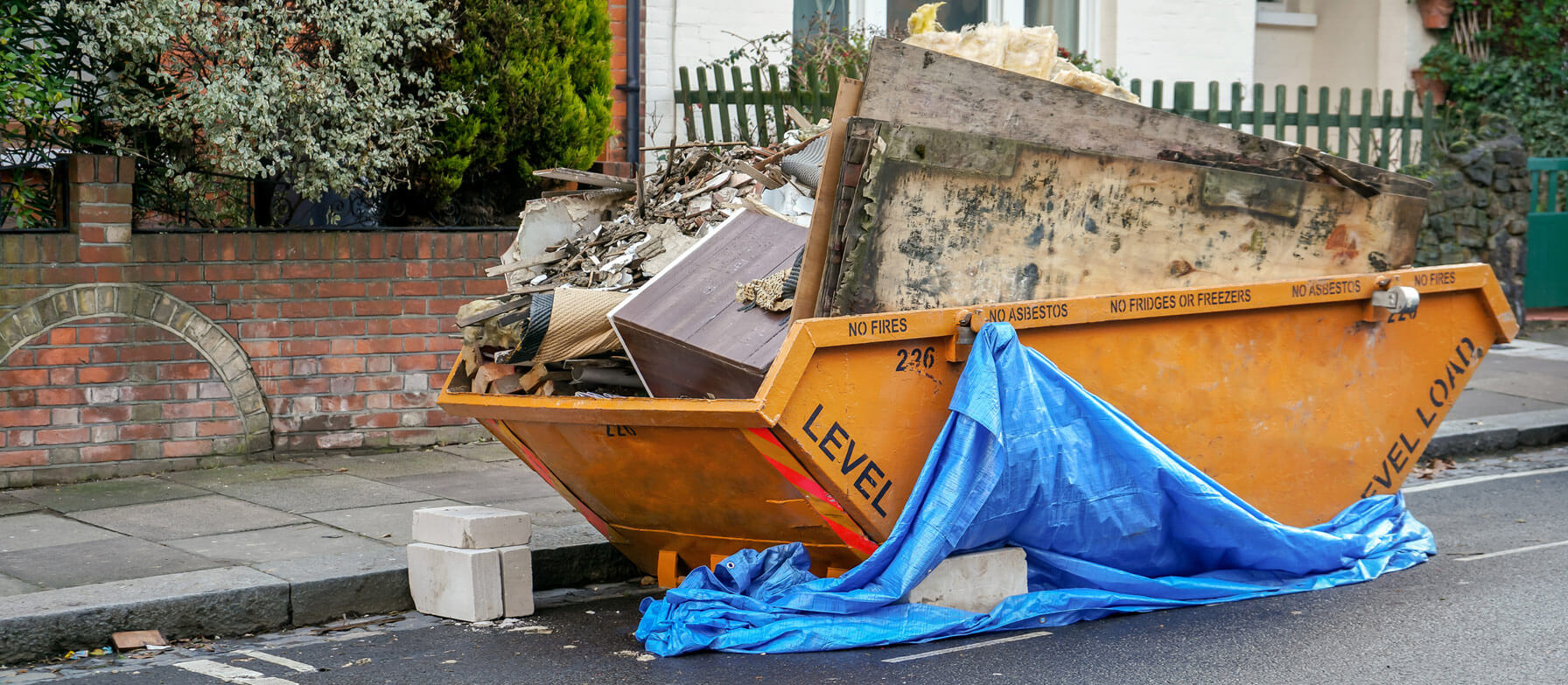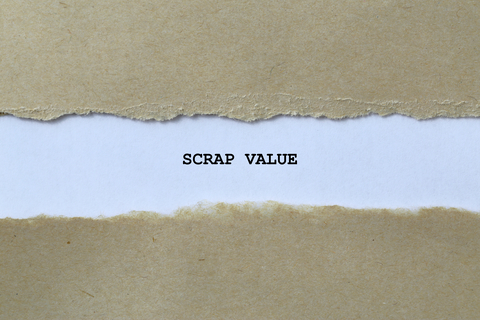The United Kingdom has a dynamic scrap metal industry that generates approximately £5 billion in annual revenue. With more than 1,500 scrap yards operating across the country, the sector plays a vital role in recycling various materials, particularly end of life vehicles, Waste Electrical and Electronic Equipment (WEEE), and aerosols. The UK maintains a strong presence in the global scrap metal market, exporting roughly 8.2 million metric tons of scrap metal in 2022, making it a significant player in international metal recycling trade.
Scrap metal recycling is a vital industry in the UK, contributing to both the economy and environmental sustainability. Understanding how scrap metal prices are determined can help individuals and businesses maximise their returns when selling scrap. This blog will explore the various factors influencing scrap metal prices, provide current pricing data for different metals, and offer tips on how to get the best value for your scrap.
Key Factors Influencing Scrap Metal Prices
The pricing of scrap metal is influenced by a variety of factors that can fluctuate based on market conditions. Here are some of the most significant elements:
Supply and Demand: The fundamental economic principle of supply and demand plays a crucial role in setting scrap metal prices. When demand for metals increases—often due to industrial activity or construction projects—prices tend to rise. Conversely, an oversupply or reduced demand can lead to lower prices.
Market Conditions: Global economic trends significantly impact local scrap metal prices. For instance, if a major economy like China experiences a construction boom, the demand for steel (and consequently steel scrap) may increase, driving up prices. Political instability or changes in trade policies can also create fluctuations in the market.
Type of Metal: Different metals have varying values based on their properties and market demand. For example, copper typically commands a higher price than aluminium due to its superior conductivity and wider applications in electrical wiring and plumbing.
Contamination: The presence of non-metal materials (like plastics or wood) can reduce the value of scrap metal. Scrap dealers will often pay less for contaminated materials because they require additional processing to separate the metals from contaminants.
Energy Prices: The cost of energy used in processing scrap metal affects overall prices. High energy costs can lead to increased processing expenses, which may be passed on to sellers through lower prices for scrap.
Transportation Costs: The logistics involved in collecting and delivering scrap metal can influence pricing. Fluctuations in fuel prices or logistical challenges may affect how much dealers are willing to pay for scrap.
Current Scrap Metal Prices in the UK
As of early February 2025, here are some average scrap metal prices in the UK:
Copper: £6,800 – £7,000: Bright Copper wire has the highest value in the present time.
Aluminium: £950 – £1,100: It has to be a clean aluminium sheet with no contamination.
Brass: £3,000 – £3,200: Mixed kind of brass that includes valves and taps.
Steel: £140 – £180: This is light iron.
Lead: £1,000 – £1,150: This needs to be clean roofing lead with no contamination
Stainless Steel: £800 – £1,000: 18/8 (304 Grade), commonly used kitchen items
These prices can vary based on location and specific market conditions at any given time.
How to Maximise Scrap Metal Value
To ensure you receive the best possible price for your scrap metal, consider the following tips:
- Sort and Clean Your Scrap: Separate different types of metals and remove any contaminants. Clean metals fetch higher prices.
- Stay Informed on Market Trends: Regularly check current market prices through resources like the London Metal Exchange (LME) or local scrap yards.
- Sell in Bulk: If possible, sell larger quantities of scrap at once. This minimises handling costs and may yield better pricing.
- Choose Reputable Dealers: Work with established scrap metal dealers who offer fair pricing and transparent transactions.
- Timing Matters: Be aware of seasonal trends; for instance, demand often increases during warmer months when construction activity rises.
Understanding how scrap metal prices are determined is essential for anyone looking to sell scrap efficiently. By considering factors such as supply and demand dynamics, market conditions, type of metal, contamination levels, energy costs, and transportation expenses, sellers can make informed decisions that maximise their returns.
With current lead prices ranging from £1.00 to £1.15 per kilogram in the UK and other metals like copper achieving significantly higher values, it’s clear that being knowledgeable about these aspects can lead to better financial outcomes when recycling scrap metal. By employing best practices in sorting and cleaning your materials while keeping an eye on market fluctuations, you can ensure that you get the most out of your
Get Top Prices for Your Scrap Car with Jarvis Metals Today
Looking to get rid of your old car? Trust Jarvis Metals for top-notch scrap car services! We offer hassle-free collection, competitive prices, and environmentally responsible recycling. Whether your vehicle is roadworthy or not, we guarantee the best rates in the industry. Don’t wait—contact us today to get your free quote and experience our exceptional service. Let Jarvis Metals turn your scrap into cash! Call us now. Your reliable scrap car solution is just a call away!

